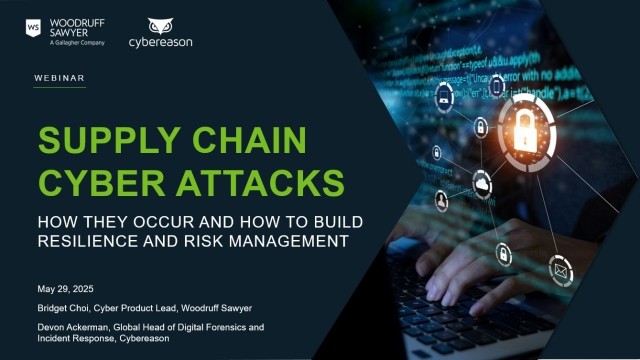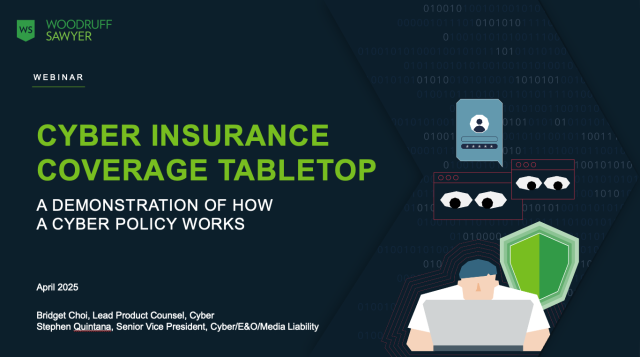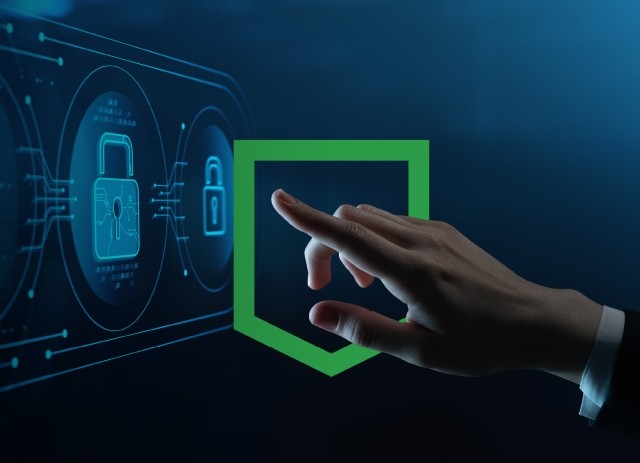Blog
What You Can Do to Prepare for Ransomware and Cyber Attacks like NotPetya
In the summer of 2017, shortly after the WannaCry attacks sent shockwaves around the world, a breed of ransomware known as NotPetya stepped onto the scene.
Although NotPetya mainly attacked companies in Ukraine, scores of other countries were also targeted.
Perhaps the most disturbing aspect of the NotPetya attacks was that no one seemed to be immune. However, that doesn’t mean you can’t take steps to protect your company against future attacks—let’s find out what you can do.
FedEx: A Case Study
Among the many organizations impacted worldwide, FedEx was one of them. In May 2016, FedEx announced that it had acquired TNT Express, a Dutch delivery services company.
When NotPetya emerged a little more than one year later, it spread rapidly through the TNT Express computer systems. In its wake, it left an estimated $300 million in lost earnings, according to FedEx.
FedEx stated that despite the restoration of TNT Express’ critical operational systems, “TNT Express volume, revenue and profit still remain below previous levels.”
One of the most important lessons from the attack on FedEx is that it’s not just small, ill-prepared organizations that are affected—massive multinational corporations are affected as well, regardless of how many state-of-the-art security measures they have in place.
In short, if FedEx can fall victim to NotPetya, perhaps anyone can.
Prevention Tips
So, how can you prepare for the next major cyber attack? You’ll want to consider three major factors:
1. Get the Right Insurance
So, your insurance policy covers cyber attacks. That means you’re set, right?
Not exactly. As NotPetya demonstrated, a cyber attack on its own is just the beginning—after an attack, a company is likely to experience delays, and the recovery period may last for many months, as was the case with FedEx.
Knowing this, it’s important to have an insurance policy that covers business interruptions as well as cyber attacks. Examine all the ways in which an attack could slow down or interrupt your operations, and adjust your insurance policy accordingly.
It’s important to have an insurance policy that covers business interruptions as well as cyber attacks.
2. Plan Ahead
It’s not enough to set up strong security measures and hope that your business is never targeted.
Instead, you’ll need to build a comprehensive business continuity plan that details what will happen after an attack has been successfully carried out on your company.
Will you rely on a backup computer system? Will you revert to manual methods of operation? Which lines of communication will remain open, and which will need to be closed? At what point will you report the attack to investors and stakeholders?
These are all essential questions to ask when forming your plan.
Build a comprehensive business continuity plan that details what you will do to communicate the event and restore operations after an attack.
3. Bring in the Right Team
It’s rare that an organization has access to all the tools it needs on an internal level to assess cyber risk. Smart companies don’t hesitate to outsource risk evaluation when necessary.
For example, third-party vendors can conduct vulnerability and penetration testing in order to identify potential exposures. Insurers today are also partnering with third-party vendors and offering their services at a discount because risk prevention is key. To assist in this process as well, best-of-breed brokers also help match their clients to suitable vendors.
Leverage best-of-breed resources to advise you and conduct vulnerability and penetration testing.
In the aftermath of the NotPetya attacks, it’s tempting to breathe a sigh of relief and move on. However, it’s more important than ever for organizations to strengthen their defenses and proactively prepare for the next big attack in 2018.
Table of Contents









